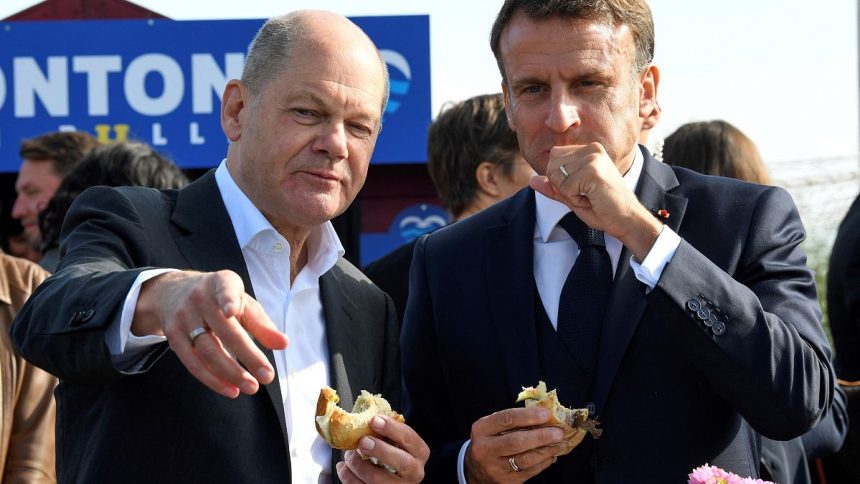Despite German Chancellor Olaf Scholz expressing his relief over France’s swing to the left this weekend, German Council on Foreign Relations research fellow Jacob Ross says reactions in Germany are mixed.
“Germany is, I believe, very concerned about parts of the left-wing coalition if this coalition actually comes into government responsibility.”
Jean-Luc Mélenchon, leader of left-wing party La France Insoumise, has expressed very anti-German sentiments in the past, including calling Germany “imperialist.”
Recently, Mélenchon followed Moscow’s narrative regarding the Ukraine war, saying Russia is threatened by NATO and has heavily criticised EU weapons deliveries to Ukraine.
Germany has significant concerns about economic and financial policy if the left-wing coalition takes power. France is already heavily indebted and the left-wing coalition made expensive campaign promises, that are likely to cause friction on an EU level.
“Last year, the new debt was 5% of the gross domestic product. And many of the campaign promises of this left-wing coalition will be very expensive. For example, raising the minimum wage, and reducing the retirement age back to 60 years. And France and Germany must now deal with these concerns,” Ross added.
But the issues are unlikely to stay at a domestic or EU level, following experts’ predictions that the next US president will be Donald Trump.
Ross said that despite the German and French relationship being strengthened after Trump was elected for the first time in 2016, it could be tricky if a “government is in power in France that is not very connected to the Franco-German relationship. A government that is partly eurosceptic and very critical of NATO.”
Euronews











